International Relations
Relations across the UK, Europe and globally are frequently changing, and have done so across our history. How these relations are recorded, monitored and treated are discussed in the collection of articles and podcasts here. The very concept of international relations is explored as are when boundaries and discussions between states and groups started to matter. What are the procedures, protocols and outcomes of a world according to the history of international relations are all under scrutiny?
Sort by:
Date (Newest first) | Title A-Z
Show:
All |
Articles |
Podcasts |
Multipage Articles
-
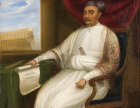
What Have Historians Been Arguing About... the British Empire and the age of revolutions in the global South
ArticleClick to view -

Filmed Lecture: Medlicott Lecture 2021 - Rana Mitter
ArticleClick to view -

Out and About in Cairo
ArticleClick to view -
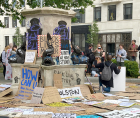
The British Empire on trial
ArticleClick to view -
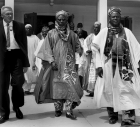
Legacies of the Cement Armada
ArticleClick to view -

‘Zulu’ and the end of Empire
ArticleClick to view -
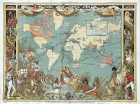
What Have Historians Been Arguing About... the impact of the British Empire on Britain?
ArticleClick to view -
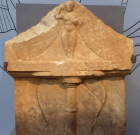
Ancient Athenian inscriptions in public and private UK collections
ArticleClick to view -
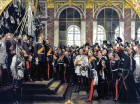
Blood and Iron: the violent birth of modern Germany
ArticleClick to view -

Monty’s school: the benign side of Viscount Montgomery of Alamein
ArticleClick to view -
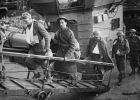
Why was it so important to see Dunkirk as a triumph rather than a disaster in 1940?
ArticleClick to view -

German universities under the Nazis
ArticleClick to view -

Real Lives: Surviving the War in the Soviet Union: recollections of a child deportee
ArticleClick to view -

History Abridged: The Berlin Conference 1884–1885
ArticleClick to view -

Kennedy and the Bay of Pigs
ArticleClick to view -
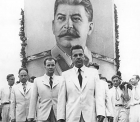
What difference has the opening (and closing) of archives after 1991 made to the historiography of the Cold War?
ArticleClick to view -

Enduring Civilisation: cities and citizens in the ‘Aztec Empire’
ArticleClick to view -

What is interesting about the Cold War?
ArticleClick to view -

Migration into the UK in the early twenty-first century
ArticleClick to view -

The great British postwar exodus
ArticleClick to view

